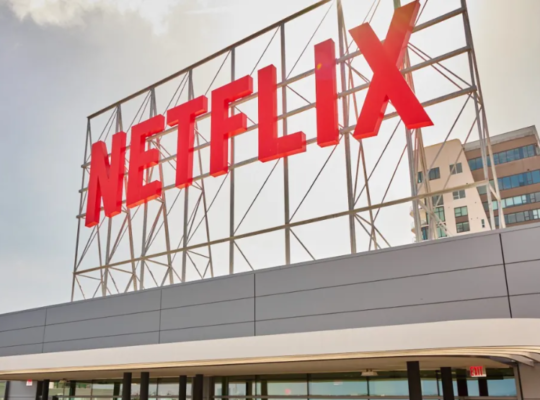
In August, Tyson Foods made a significant announcement that sent shockwaves through the rural town of Noel, Missouri. The company revealed its decision to close its chicken processing plant, which had been a cornerstone of the local economy for years and employed 1,500 workers. As the closure date approached, some residents began leaving, seeking new opportunities elsewhere. This move was part of Tyson’s broader restructuring effort aimed at demonstrating their “commitment to bold action and operational excellence.” The closure left the community grappling with the aftermath of losing a major employer.
Jimi Lasiter, who had worked at the plant for 11 years, chose to remain in Noel, awaiting her promised $1,000 severance pay. She was also concerned about overburdening her remaining colleagues with additional work. Leaving the town would require a lengthy commute to find employment that paid more than the $10 to $12 per hour she earned at Tyson.

As the national labor market slowed down, many workers found themselves pondering their next steps. While the overall hiring rate remained robust, individuals in rural areas with limited job opportunities faced significant challenges. This issue has attracted attention from policymakers at the local and federal levels, who are striving to address the employment gaps in such regions.
Data released in October indicated that the economy added 150,000 jobs, a decrease from the 297,000 added in September. The unemployment rate, while still at historic lows, inched up to 3.9%. President Joe Biden embarked on a tour of rural communities to highlight over $5 billion in investments in agricultural and small-town infrastructure, aiming to stimulate growth in places like Noel.
To support the affected workers, Tyson and local officials organized job fairs. Tyson reported that over 300 employees from closing facilities were relocated to other company sites. Some employees, like Corina Chinchilla, opted for lateral moves within the company to maintain their employment. Chinchilla, who had worked at the Noel plant for 13 years, successfully transferred to Tyson’s Monett, Missouri facility.
Not all employees chose to relocate. Ryan Coulter, for instance, decided against commuting to the nearest Tyson facility after the North Little Rock, Arkansas plant closed. He found employment at a nearby Value Foods grocery store.

For communities like Noel, the economic outlook appears uncertain. Mayor Terry Lance is collaborating with economic development groups to diversify the town’s economy. While various ideas have been considered, including industrial training facilities and a focus on tourism, the transition may take time. Despite anticipating challenging times ahead, Mayor Lance remains optimistic about the town’s resilience.
However, some of the town’s unique character may be at risk due to changes in its demographics. The diverse immigrant communities that settled in Noel during its years as a poultry hub have started to disperse in search of new job opportunities, raising concerns about the town’s cultural fabric.
State and federal officials are keeping a close watch on Tyson’s handling of the closed plants and have encouraged the company to sell some of these sites to mitigate the economic impact. Some have even warned that failing to find new operators could raise antitrust concerns. Tyson has expressed a willingness to consider offers for these facilities, though their future remains uncertain.
The closure of Tyson’s chicken processing plant in Noel serves as a microcosm of the challenges faced by rural communities across the United States. As economic shifts and corporate decisions impact local industries, residents must adapt, and local leaders seek creative ways to bolster their towns’ resilience. While the future may be uncertain, the determination of individuals like Jimi Lasiter and the dedication of community leaders offer hope for the continued vitality of places like Noel, where the strength of a community is a powerful force in the face of change.
READ MORE: Bidenomics: Navigating a Paradox for 2024 Reelection Prospects





